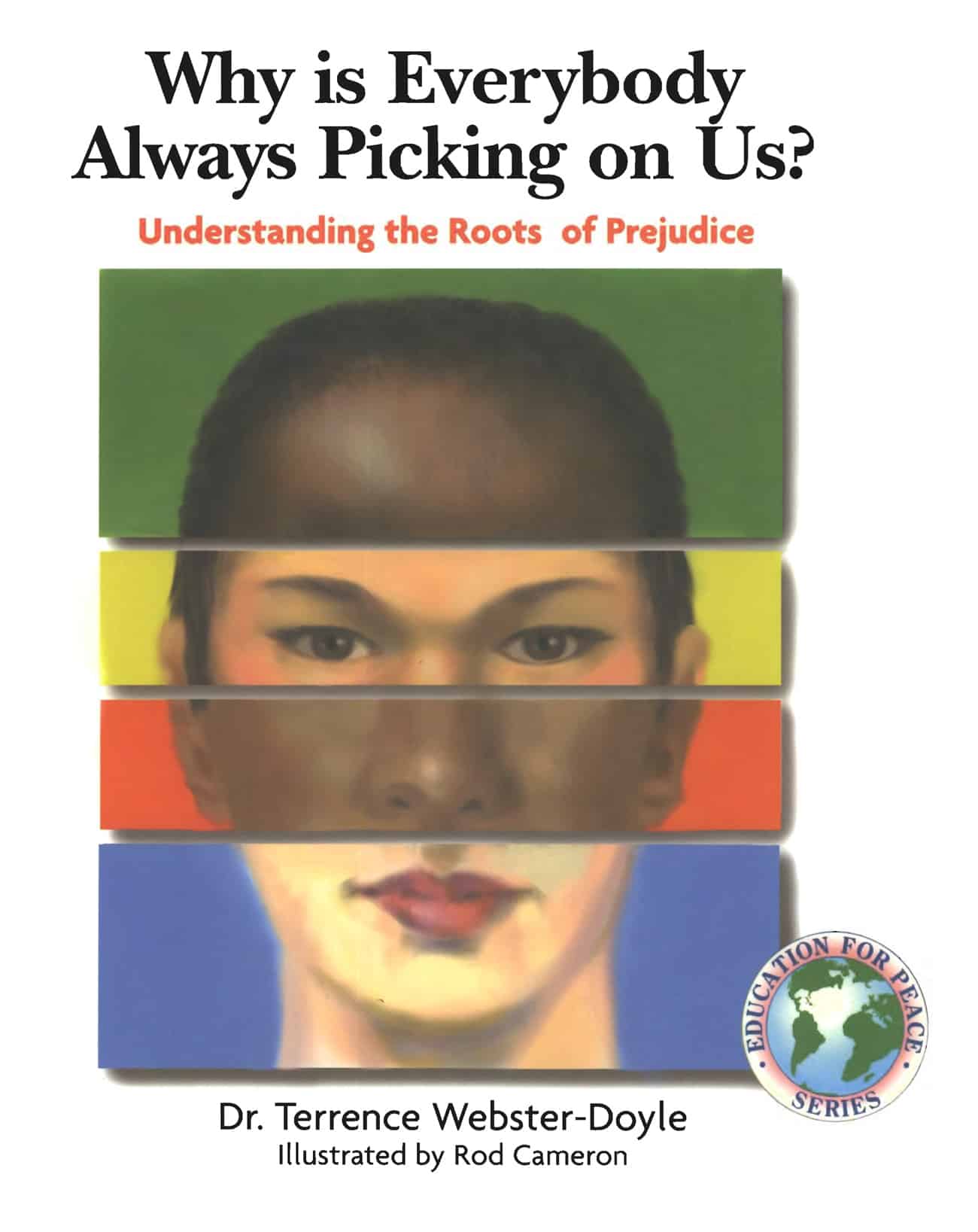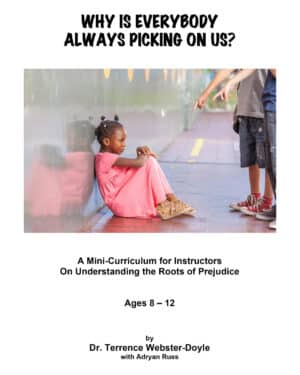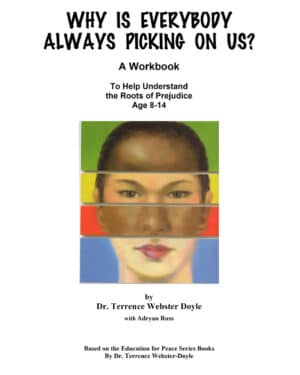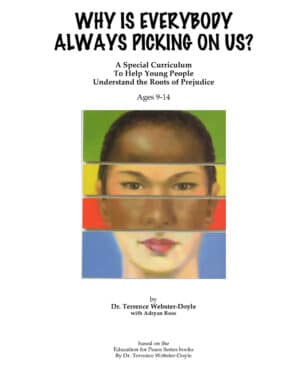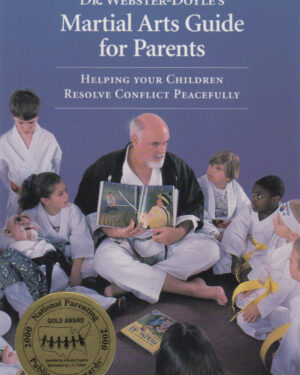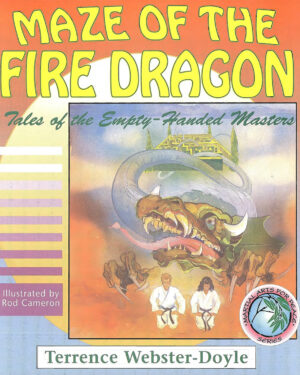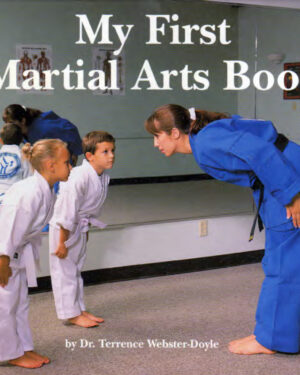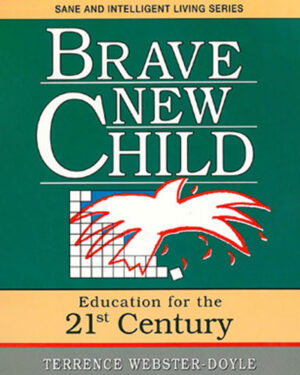Why is Everybody Always Picking on Us? Book (EN & ES)
$10.00
Understanding the Roots of Prejudice
For young people concerned about being picked on and teaches them how to peacefully cope with prejudice (and where it begins).
This book is for young people ages 8 to 14 who are concerned about being picked on. It is filled with sensible advice, creative stories, and exciting insights about how to peacefully cope with prejudice. It will help young people:
- Learn to be confident when dealing with prejudice
- Understand where prejudice begins—in our own brain
- See how prejudice is created by conditioning thinking
- Resolve conflict peacefully instead of bullying or being bullied
This book is for adults as well. It can offer parents, teachers and counselors:
- Insights into what motivates prejudice
- Insights to understand prejudice and its consequences
- Ways to help young people free themselves of prejudice
- Techniques to help young people cope with being picked on
| Bundles | |
|---|---|
| Ages | |
| Audience | |
| Languages | |
| Topics | |
| Format |
